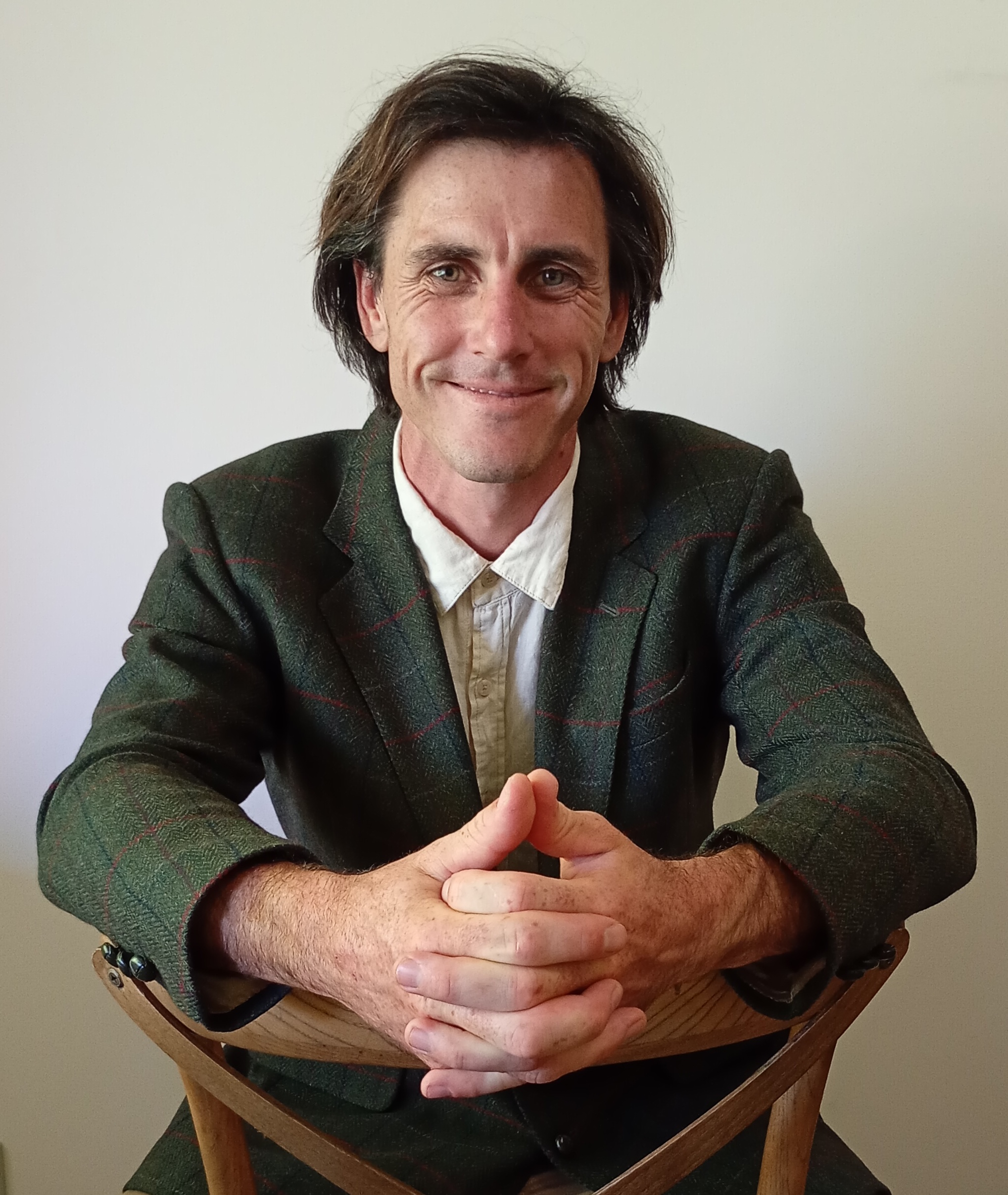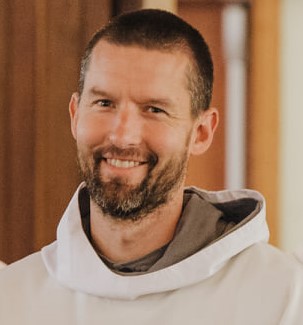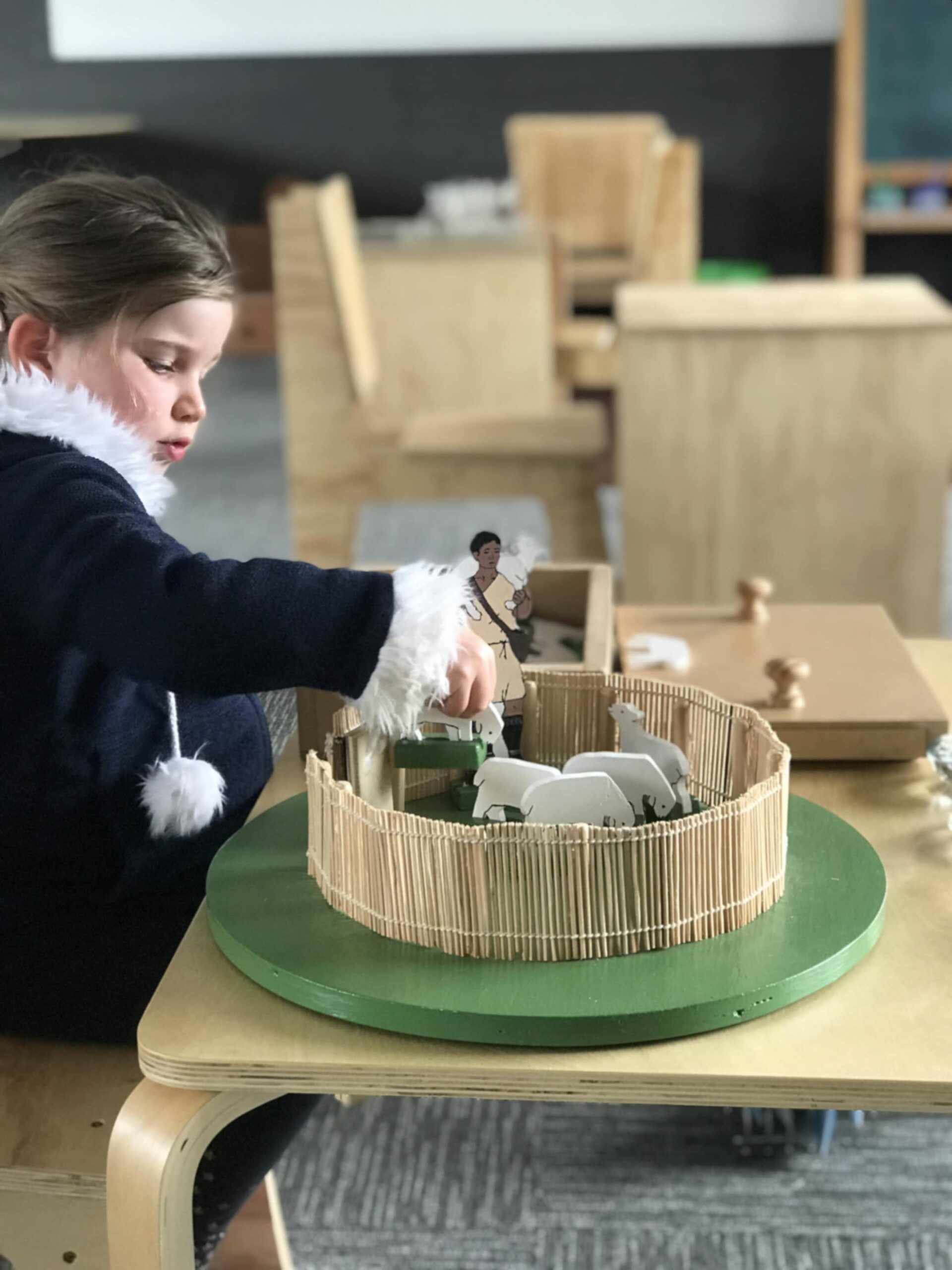Image Credit: I, Luca Galuzzi, CC BY-SA 2.5 https://creativecommons.org/licenses/by-sa/2.5, via Wikimedia Commons
Ruth has been homeschooling for fourteen years, and talks about why she decided to homeschool. When she got married, she and her husband, Matt, liked the idea of homeschooling, but didn’t know a lot about it, as both had attended school. Ruth says when Sarah, their eldest, was ready for school, “I doubted myself. I doubted that I had the capability or the capacity to homeschool.” Sarah went to school for a year and a bit, and “unfortunately she had a pretty rough experience with school and was very miserable. And after she’d been there for about a year and a bit we thought….we need to do something.” They looked into private schools, but these tended to be expensive, and they looked into schools focusing on alternative methods, but decided against these because they wanted a Faith-based education for their children. Then, Ruth explored homeschooling through reading books and talking to people.
When the Christchurch earthquake hit, the Green family had to move house because of earthquake damage, and so were away from school for a month. Ruth reflects, “I really think God used the earthquakes to kind of throw us into something that we needed to do as a family and didn’t have the courage to, step out of the boat, as an analogy, and he provided the means in that sense, and also gave us the chance to say to our families, that weren’t very keen, that we were just doing it because of the earthquakes…here we are fourteen years later, never looking back really.”
Reflecting on her decision to homeschool, Ruth says, “I didn’t think that I had an education that was high enough…to teach my children…and I failed to realize that we all, as parents, are equipped with everything we need to educate our children – that God has made us that way, and that I needed to trust that he would provide, not only the means, in terms of community and resources, but he would give me the graces to do it as well. And they are your children – they are uniquely yours – and you are given to them and they are given to you. There is that beauty in that relationship, which education then comes from. Because you’re teaching them to talk and to love and to serve, and to do all those things right from the minute they are born.” Education continues that. Ruth advises other homeschoolers, “Have Faith in yourself and trust that God is going to be with you on the journey, and just take it…step by step.”
Ruth says that through homeschooling her children, “I have seen every stage of their development as a person…emotional development…spiritual development…I get to see them, and I get to be a part of that.” Mary pondered in her heart, as she saw Jesus grow up in Nazareth. A homeschooling mum sees and ponders on her children, as she sees them grow up in the home. Ruth says “my absolute favourite thing about homeschooling is the relationship we build with them [the children], but they also build with each other.”
In the home, the family experiences “Faith lived out in action.” There are nine children in the Green family. Every time the family has welcomed a baby, the children’s “hearts have had to open to allow room for another person, just like as parents, your heart expand and that love grows.” There are many opportunities to live out what you learn in the Catechism. In homeschooling, “every day you’re serving. Every day you’re having to be patient and make space for someone else and wait your turn…in an environment which really fosters that love…in the homeschooling environment, in a large family, you have to…learn to give of yourself.”
Ruth shares how, at the moment, her youngest children are a two-year-old and a three-year-old. Her three-year-old needs quite a lot of attention. Once, when this was challenging, Ruth “said in exasperation, ‘oh my goodness, maybe we send him to preschool, guys, so that I’ve got more time for you,’ and they looked at me with such horror on their faces like I had said a dirty word. They were like ‘mum we cannot send him away. That is not what we do…We love him and we’ll figure it out and work it out and do this as a team.’”
When she first started homeschooling, Ruth was very excited about all the available extracurriculars, “and I think we realized very quickly, you burn out very quickly.” If you do too many extracurriculars, “there’s no time for your main subjects, your main academics at home. But I also found there’s no peace at home when everyone’s stressed out about trying to find shoes to go out the door…so we just pray and discern and look at what it is that is most needed at the time.” They are currently doing swimming, a teens group, and fortnightly Catholic homeschool meetup – Ruth says they are doing “less things this term because we needed a quieter term.” It is important to have “wisdom… [to] know what is going to be doable.” Ruth says if they do to much one term, “we have to take a step back the next term and be a bit quieter.” For example, sometimes you may have a newborn baby and stay at home more. Last year, Ruth’s eldest, Sarah, got married, and they were busy preparing for the wedding. Ruth says, “there is a time and a season when you can be very busy, and very out, and very social, and then there are times when you need to be very quiet, and I actually treasure those times when we’ve had very quiet family life, because the relationships definitely get deeper.”
In terms of resources, Ruth uses many different ones, focusing on each child’s interests. For example, she uses Twinkl, where she has sometimes found Catholic resources, for example, for celebrating Lent. She frequently focuses on a topic, using online resources, and going on educational outings. Ruth says, “instead of using a set curriculum, I pulled from many, many resources.” This can be great for kids who find book-work challenging, as it helps them to learn through projects; Ruth talks about “using topic studies and learning that way.”
When asked about her favourite thing about homeschooling, Ruth quotes Holly Pierlot’s “A Mother’s Rule of Life,” “We are called to bring God to our children’s spirits, truth to their minds, health to their bodies, skill to their hands, beauty and creativity to their hearts, and in all this, virtue to their wills, and sanctity to their souls.”
Ruth says the hardest thing about homeschooling is, “trying not to get down on yourself…or comparing yourself to others, or comparing yourself to the school system…when life is busy, when everyone is tired, when no-one’s listening, those moments where you say, ‘am I doing the right thing’” and it is important to learn “to really lean into Our Lord and trust that actually we are doing the right thing.”





